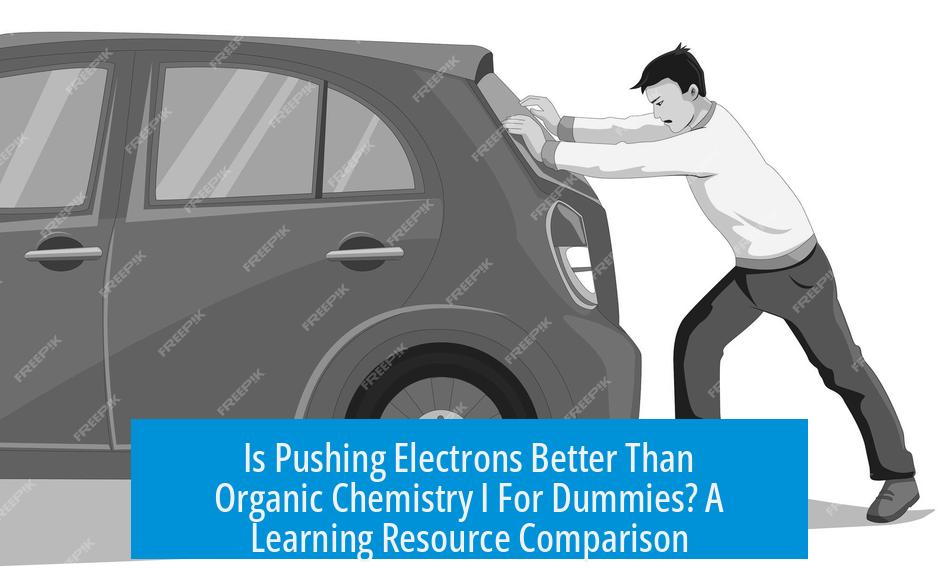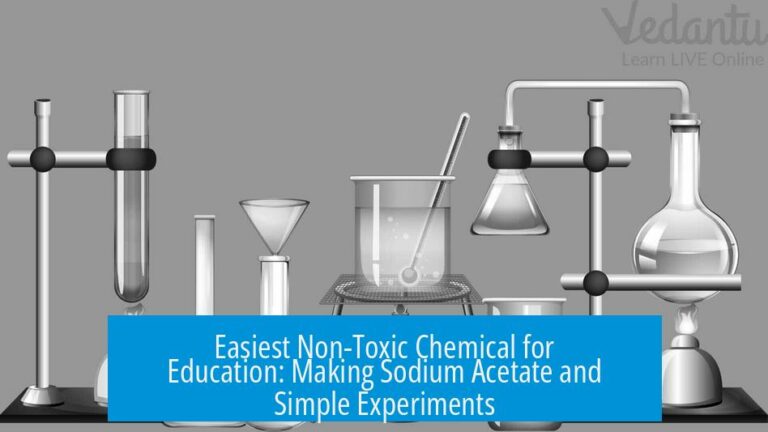Is Pushing Electrons Better Than Organic Chemistry I For Dummies?
 Determining whether “Pushing Electrons” is better than “Organic Chemistry I For Dummies” depends on individual learning preferences and goals, as no direct comparisons or definitive reviews exist to conclude superiority.
Determining whether “Pushing Electrons” is better than “Organic Chemistry I For Dummies” depends on individual learning preferences and goals, as no direct comparisons or definitive reviews exist to conclude superiority.
Understanding Both Resources
“Pushing Electrons” generally focuses on illustrating electron movement during organic reactions. It emphasizes mechanistic thinking, helping students understand how electrons shift to form or break bonds. This rich mechanistic insight is crucial for mastering reaction steps.
“Organic Chemistry I For Dummies” aims to present fundamental concepts in an accessible, easy-to-understand format. It covers broad topics with straightforward explanations, making it suitable for beginners seeking an overview and study support.
Complementary Learning Materials

- Klein’s Organic Chemistry as a Second Language is widely recommended for its clear explanations and numerous exercises, aiding comprehension of complex organic chemistry principles.
- Online interactive tools such as Cheminteractive and Chemtube3D help visualize mechanisms and molecular orbitals, enhancing understanding.
Choosing Based on Learning Style
Students who prefer step-by-step mechanistic details might benefit more from “Pushing Electrons,” as it trains one to think like an organic chemist.
Those seeking straightforward summaries and beginner-friendly explanations could find “Organic Chemistry I For Dummies” more approachable.
Combining these books with supplementary resources like Klein’s text or interactive websites provides a diversified learning experience.
No Definitive Winner
Since no direct comparisons exist, effectiveness depends on the learner’s background and needs. Both books serve complementary roles rather than competing.
Key Takeaways
- No direct comparison determines which is superior between the two books.
- “Pushing Electrons” focuses on reaction mechanisms and electron movement.
- “Organic Chemistry I For Dummies” offers accessible foundational organic chemistry concepts.
- Klein’s book and online tools are valuable supplements to either choice.
- Choosing depends on learning style: mechanistic versus broad overview focus.
Is “Pushing Electrons” better than “Organic Chemistry I For Dummies” for learning mechanisms?
No direct comparison exists between the two. Both serve different learning styles. “Pushing Electrons” focuses on electron flow, while “Organic Chemistry I For Dummies” covers broader topics with simpler language.
Can other resources complement “Pushing Electrons” or “Organic Chemistry I For Dummies”?
Yes. Klein’s “Organic Chemistry as a Second Language” is highly recommended. It offers clear explanations and exercises that can support understanding mechanisms and concepts.
Are there useful online tools for understanding organic mechanisms?
Yes. Websites like cheminteractive.ie and chemtube3d.com help visualize and practice mechanisms in interactive or 3D formats, aiding comprehension beyond textbooks.
Which book is better for beginners in organic chemistry?
“Organic Chemistry I For Dummies” is designed for beginners with simple language and broad coverage. “Pushing Electrons” might suit students focusing deeply on electron movement in reactions.
Does “Pushing Electrons” cover all organic chemistry topics?
No. It concentrates mainly on electron pushing in reaction mechanisms. For a wider range of topics, textbooks like Klein’s or “Organic Chemistry I For Dummies” are better choices.





Leave a Comment